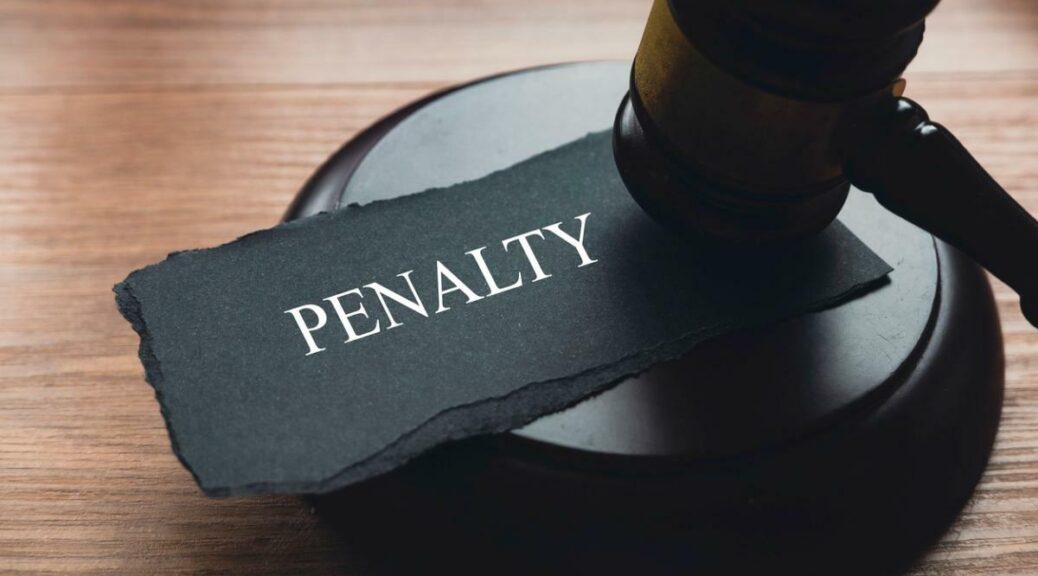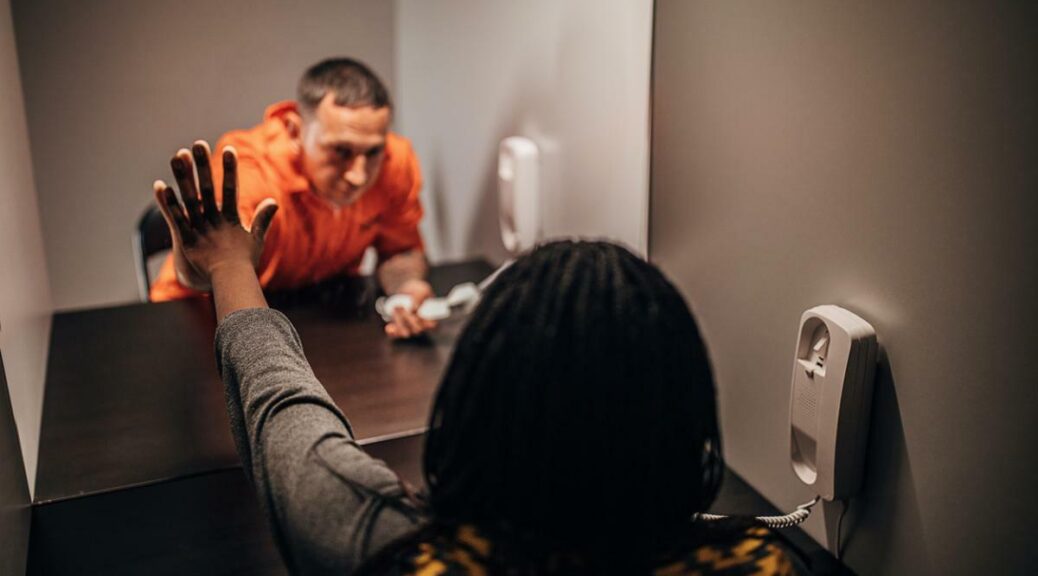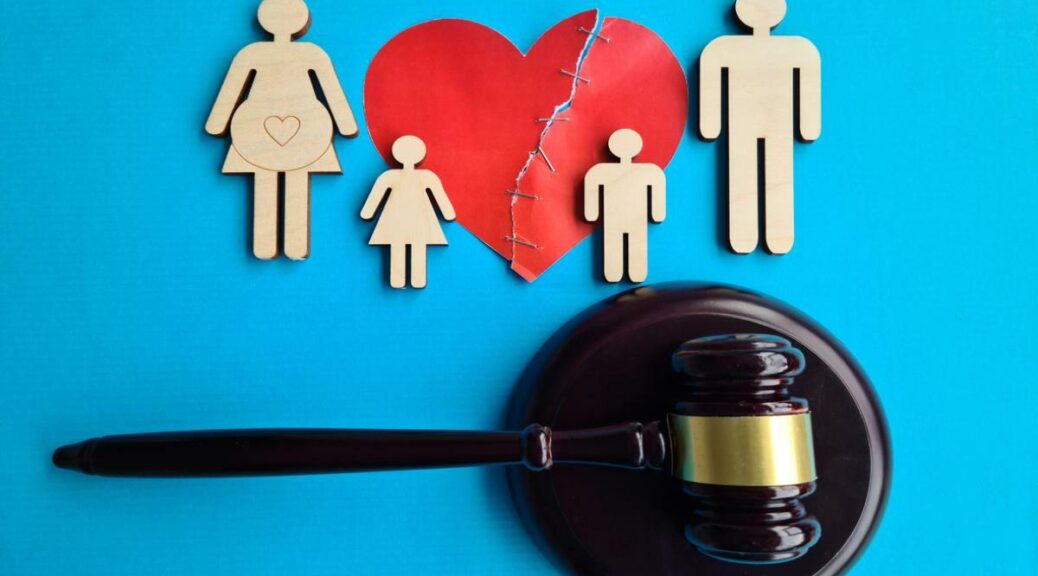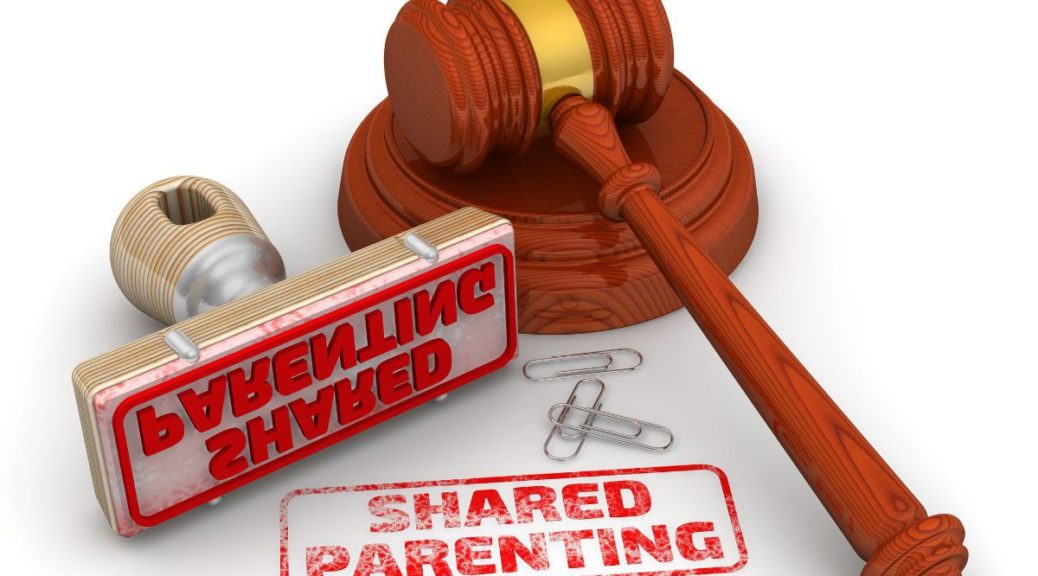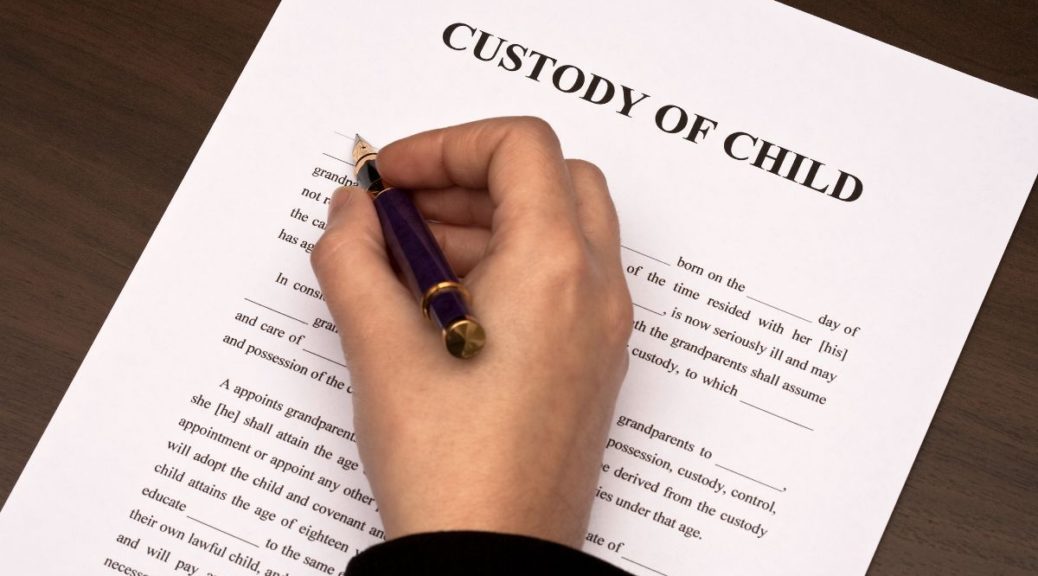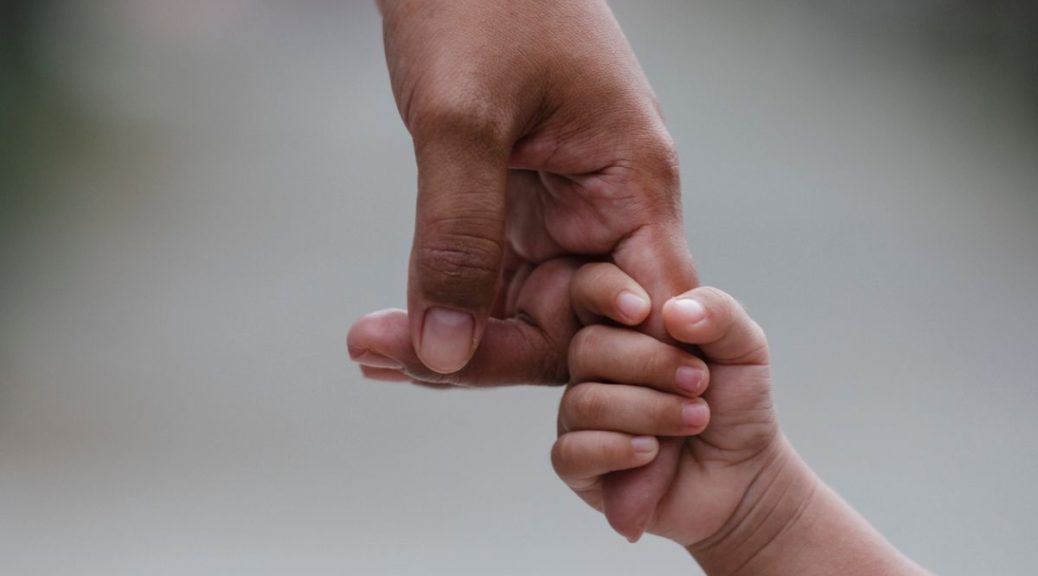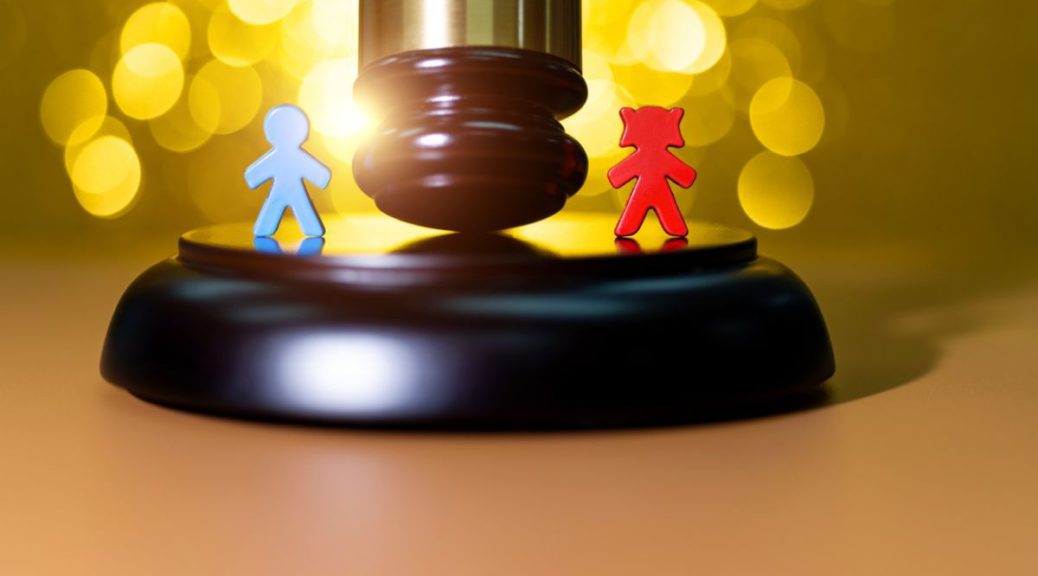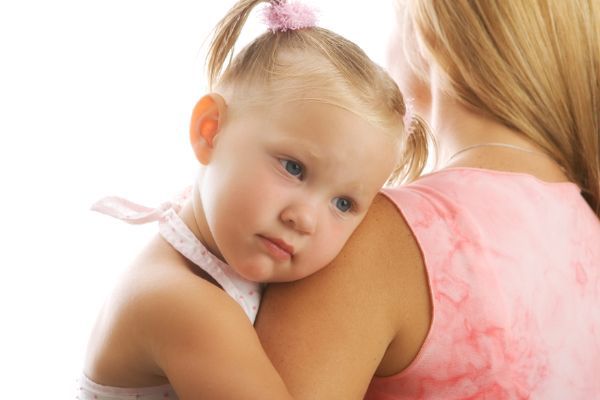When child abuse allegations are made, it is crucial to take them seriously and investigate them thoroughly. The welfare of the child is paramount, and if the allegations are true, the offender should be held accountable. However, when false allegations are made, the consequences can be severe for everyone involved.
Certified Family Law Specialist Judy L. Burger explains more about the potential penalties for false child abuse allegations in California to prevent false accusations and protect the rights of all parties involved.
False Allegations of Child Abuse in California
False allegations of child abuse are taken seriously in California. It is considered a form of child abuse and can result in serious consequences for the accuser. False allegations can be made intentionally or unintentionally, and they can be made for many reasons, including:
- To gain an advantage in a child custody battle
- To get revenge on a spouse or partner
- To deflect attention away from the accuser’s own misconduct
- To seek attention or sympathy from others
None of these reasons are sufficient grounds for these actions.
“The court may order supervised visitation or limit a parent’s custody or visitation if the court finds substantial evidence that the parent, with the intent to interfere with the other parent’s lawful contact with the child, made a report of child sexual abuse, during a child custody proceeding or at any other time, that the reporting parent knew was false at the time it was made. A limitation of custody or visitation, including an order for supervised visitation, pursuant to this subdivision, or a statute regarding the making of a false child abuse report, shall be imposed only after the court has determined that the limitation is necessary to protect the health, safety, and welfare of the child. The court has considered the state’s policy of ensuring that children have frequent and continuing contact with both parents as declared in subdivision (b) of Section 3020.”
Penalties for False Child Abuse Allegations in California
False allegations of child abuse can result in severe legal consequences for the accuser. The penalties in California include:
- Criminal Charges: Making false accusations of child abuse is a crime in California under State Penal Code § 11172. If found guilty, the accuser can be charged with a misdemeanor or a felony, depending on the severity. The penalties can include jail time and fines.
- Civil Penalties: False allegations of child abuse can also result in civil penalties. The accused can file a civil lawsuit against the accuser for defamation, emotional distress, and other damages. If found guilty, the accuser may have to pay substantial damages.
- Loss of Custody: False allegations of child abuse can also result in the loss of custody of the child. If the court determines that the allegations were made with the intent to harm or deceive, the accuser can lose custody of the child and may even have their parental rights terminated.
- Criminal Record: If the accuser is convicted of making false allegations of child abuse, they will have a criminal record. This can make it challenging to find employment and housing and can also impact their ability to obtain custody of their children in the future.
Protecting the Welfare of Children
It is crucial to protect the welfare of the child in all cases of child abuse, whether the allegations are true or false. False allegations can harm everyone involved, including the accused, the accuser, and the child. Investigating all allegations thoroughly and taking appropriate legal action, if necessary, is essential.
If you or someone you know is facing false allegations of child abuse, it is crucial to seek legal guidance from a Certified Family Law Specialist to protect your rights and your child’s welfare. Attorney Judy Burger can provide the guidance and support you need to navigate this challenging situation and protect your family’s best interests. Contact us today to schedule a consultation.


